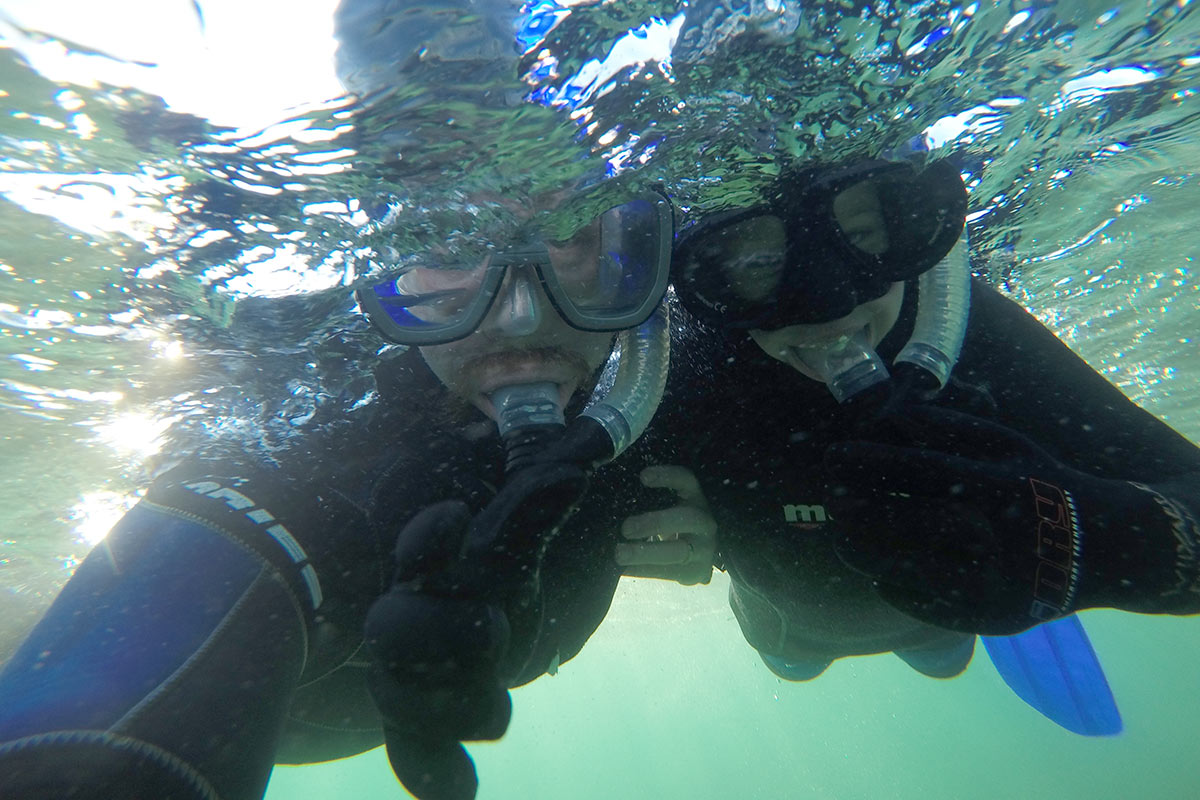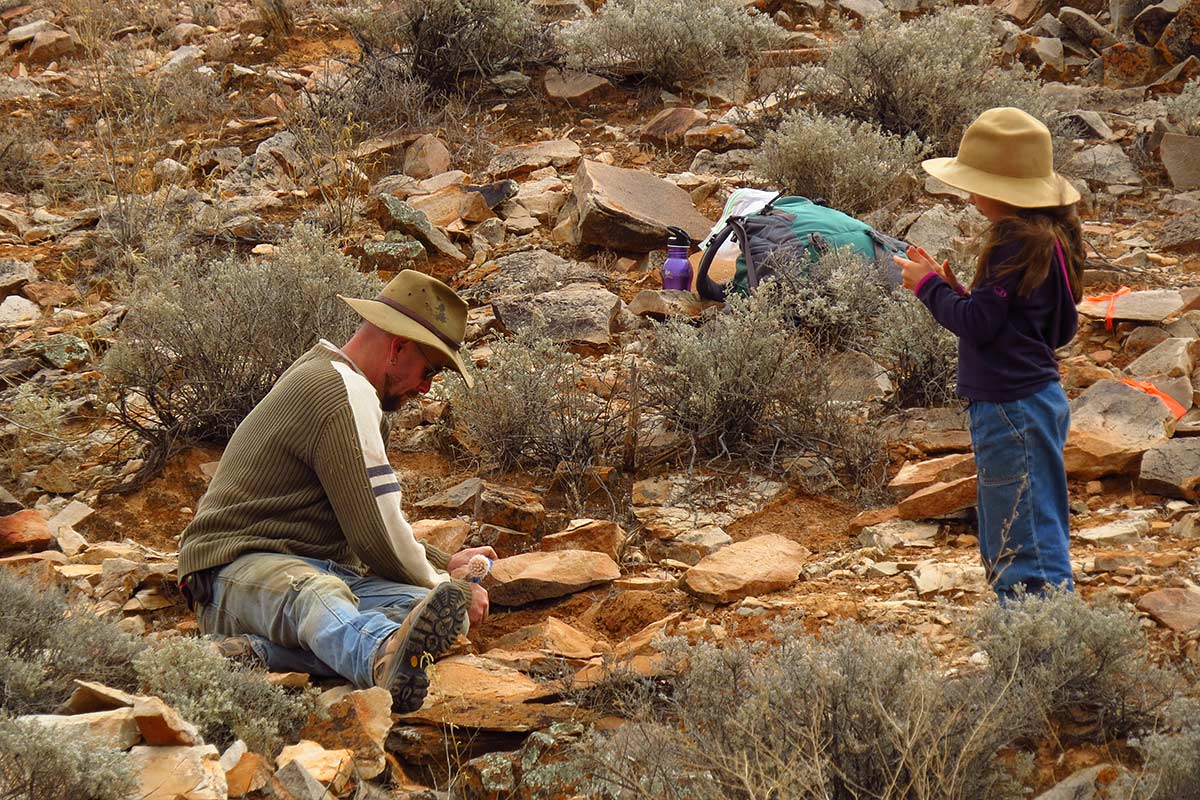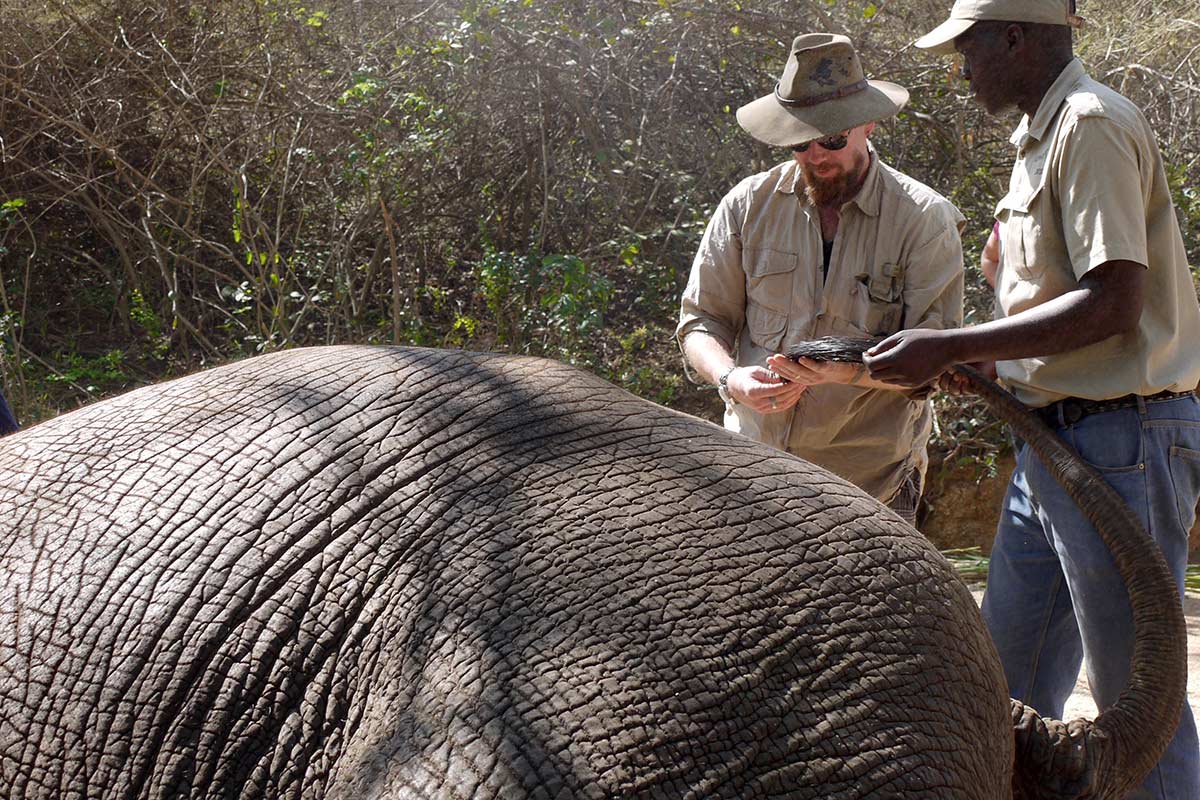
Matthew Flinders Fellow in Global Ecology, Professor Corey Bradshaw, is the recipient of the 2017 Verco Medal.
The Royal Society of South Australia medal is awarded for research that makes a significant and outstanding contribution to a field of science.
Professor Bradshaw is internationally renowned for his research on the processes and consequences of global change; human and climate related changes on ecosystems in the past, present and modelled future.
Previous recipients of the medal include Professor John Long and Professor David Day, both from Biological Sciences in the Flinders University College of Science and Engineering.
Professor Bradshaw will receive the medal at the RSSA annual meeting at the South Australian Museum (12 October) when he will give a talk on ‘Measuring and predicting how human beings have been changing the biosphere since the Pleistocene’.

“My work has tackled problems across the spectrum of ecology – the study of how life interacts with itself and its environment,” says Professor Bradshaw, who joined Flinders University this year.
“It includes a wide range of topics in theoretical ecology, but also human demography, human health, sociology, disease dynamics, climatology, carbon assessment, economics, and sustainable energy pathways.
He is currently leading the Modelling node of the new ARC Centre of Excellence for Australian Biodiversity and Heritage.
As part of the national ARC Centre, the new Global Ecology Lab will be officially opened at Flinders University on Friday, 13 October.
The lab is part of an interdisciplinary, collaborative research program to understand how humans have changed Australia’s biodiversity, examine the processes responsible and find ways to deal with future challenges.
The national research centre is funded by a $33.75 million grant from the Australian Research Council, $1 million from the NSW Government, and $11 million from participating universities, museums and other organisations.
The funding will support around 40 new research positions and more than 50 new research students over the seven-year life of the centre.
Professor Bradshaw’s work has set the standard for the development of ecological simulation models to understand and mitigate global change in ecology.

“I’m honoured to have been recognised for my work but much of it depends on having many interdisciplinary collaborators, and this collaboration improves the quality of all of our research,” Professor Bradshaw says.
“That can make it a complex field, and I’m excited that the Verco Medal will give me the opportunity to highlight how vital research is to creating solutions that can mitigate the effects of environmental deterioration on human society.”
On top of more than 260 peer reviewed articles, nine book chapters and two books, Professor Bradshaw is a popular science communicator. He regularly writes on the implications of his science for the general population through his blog ConservationBytes.com, and via opinion editorials that have appeared in many national newspapers and online media outlets, including Cosmos magazine, ABC Online, The Australian, The Age, Herald Sun, The Advertiser and Sydney Morning Herald.
As part of his research into biodiversity threats across the globe, he also is working on a book project in collaboration with Professor Paul Ehrlich from Stanford University. Earlier this year he completed a Rockefeller Foundation Bellagio Academic Writers Residency Fellowship in Italy.

